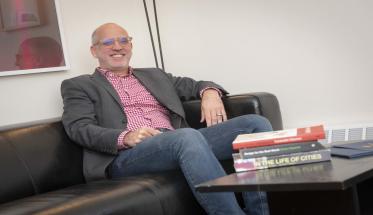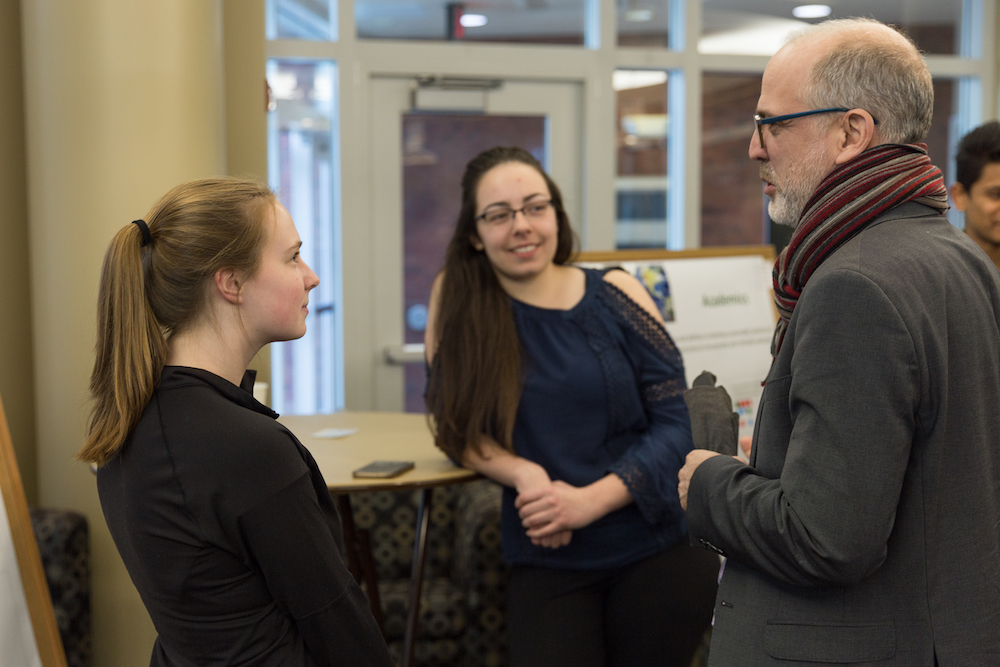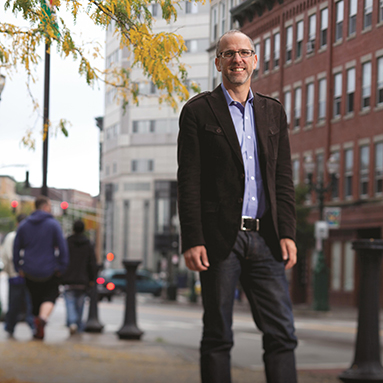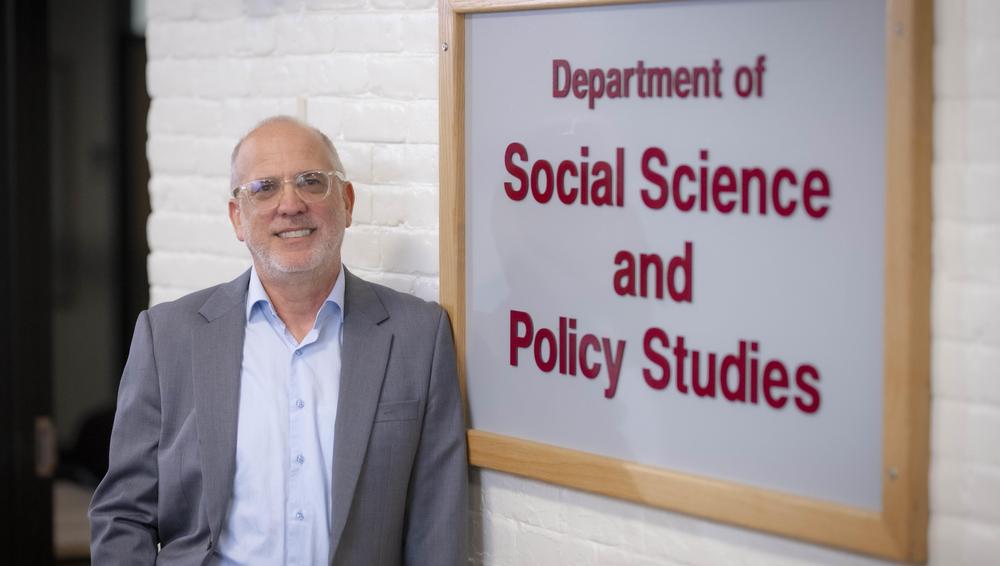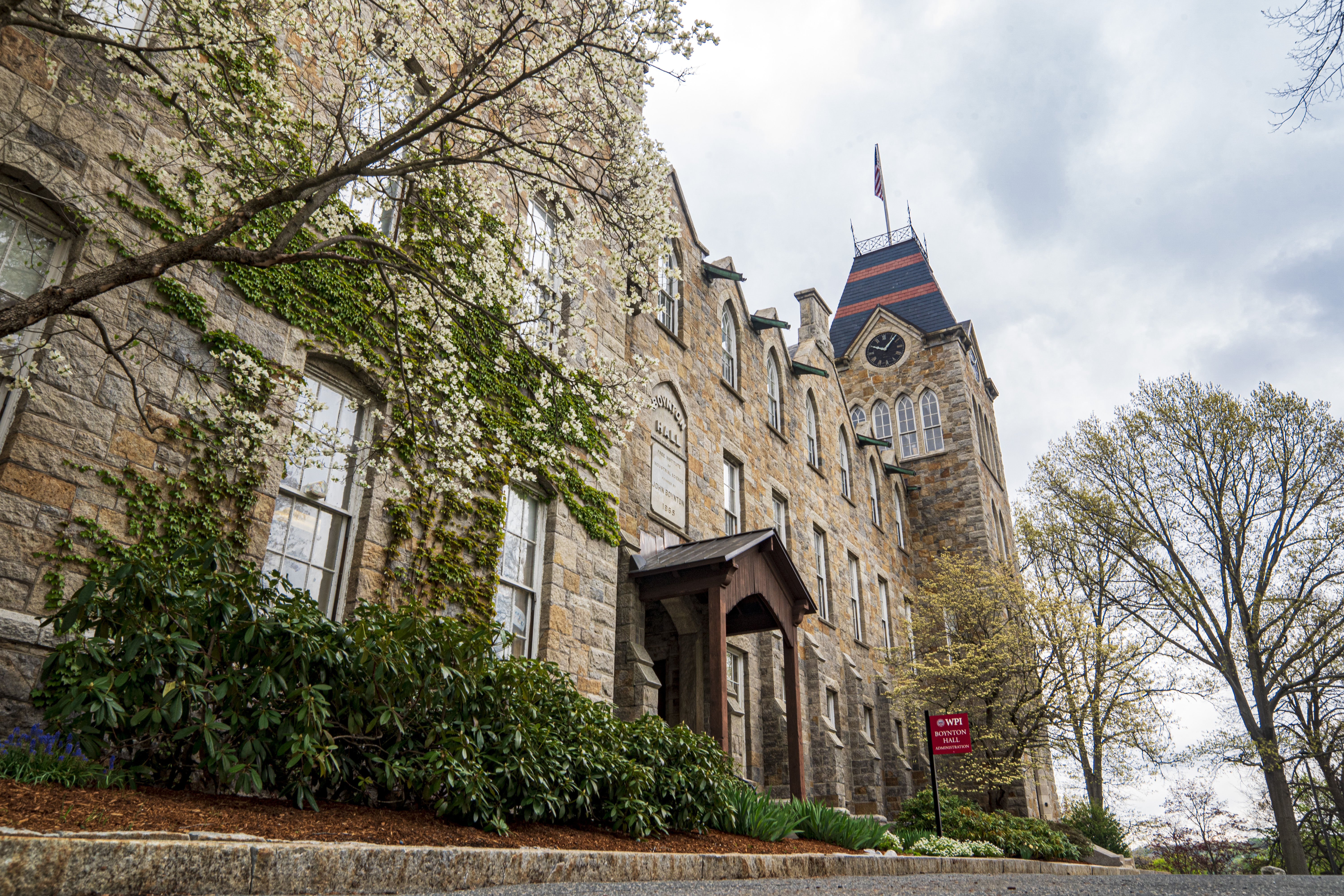As it turns out, maybe sustainable urbanism isn’t so sustainable.
According to Rob Krueger, associate professor in the Department of Social Science and Policy Studies, the idea of urban sustainability is on target for achieving many goals, but the reality of its implementation isn’t so ideal.
Krueger, whose latest book, Adventures in Sustainable Urbanism, says the consequences of implementing sustainable approaches into densely populated urban areas has created significant, and unexpected, environmental and social impacts. “About 80 percent of the global population is moving toward cities, and to achieve global sustainability, cities are important targets,” says Krueger.
More Than One Approach to Sustainable Urbanism
In Krueger’s early days of research, he was a proponent of urban sustainability, but as the practice has progressed and taken hold, his views have shifted. He is a critic of sustainable urbanism that is more disruptive than progressive. From this dissatisfaction came the inspiration for his latest book.
“I was a keynote speaker at a conference in Germany in 2012 and, after my talk, I was sitting listening to the other speakers; I was taken by the research findings of scholars from all over Europe,” he says. “Their data showed how current sustainability policy and practice around Europe was evolving in ways similar to what I had seen in North America and the UK, and thought we should document this.” Turns out it happens this way around the world.
In addition to conceptualizing and documenting urban sustainability, Krueger wanted to help students understand the ripple effects of what was happening and begin to think critically about the future. “I wanted students to understand the historical roots of urban sustainability and the context that it has become operationalized in. I want to inspire students to think of alternatives given the problems with it,” he says. “I want them to think of how they might do it better.”
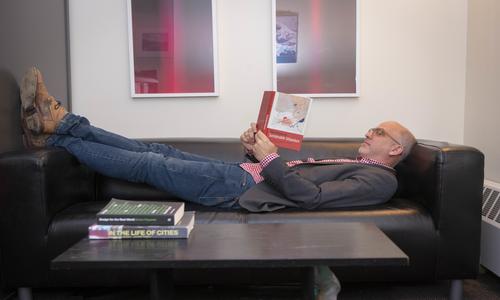
The book, says Krueger, offers a global view of what sustainable urbanism looks like in different cultures—whether that includes urban design, sustainable development, or land use—and how social justice is an important, yet often neglected, part of the conversation. “When developers invoke the notion of sustainability in their rhetoric, people stop asking important questions,” he says. “Sustainability has become a shiny object. We can’t get distracted by shiny objects.”
A Global Understanding
The book includes chapters that contain what Krueger refers to as “field trips” showing what urban sustainability policy and sustainable development practice looks like in different cities that are seeking to add to the broader picture of global sustainability. “These aren’t case studies with a particular agenda or ax to grind—they are first-person narratives that provide a visual image of sustainable initiatives around the world,” he says. “They are written in a way that invites students to untangle them in their own way to come up with something better.”
Krueger feels unsettled with the way sustainability has changed over the years—moving from idea to actual implementation. “When I started at WPI,” he says, “governments were starting to reinvest in cities. They were cleaning up brownfields, and renovated warehouses all of a sudden had a certain caché and were fashionable. People were interested in how cities could become vibrant and inclusive places. In the course of policy development, planning, and implementation, some co-opted the discourse of sustainable development and made it less than something it should be.”
Even with all kinds of positive changes that urban sustainability has the potential to bring—increased mixed-use spaces, green transportation—the act of change shifts the bigger picture of sustainable urban development, he says. As the spaces become more attractive, the market value and housing prices increase; increased interest in living in a regenerated area makes available housing tight and changes everything from parking patterns to stores; and even the basic geography may change as green spaces are encroached upon or natural waterways are diverted.
Like dominoes, families, even those who have lived in a neighborhood for generations, find themselves being priced out of local property markets, says Krueger. Disruptions to social circles, community networks, even community-centered employment changes the entire neighborhood, leaving a story of urban sustainability that Krueger classifies as unsuccessful.
